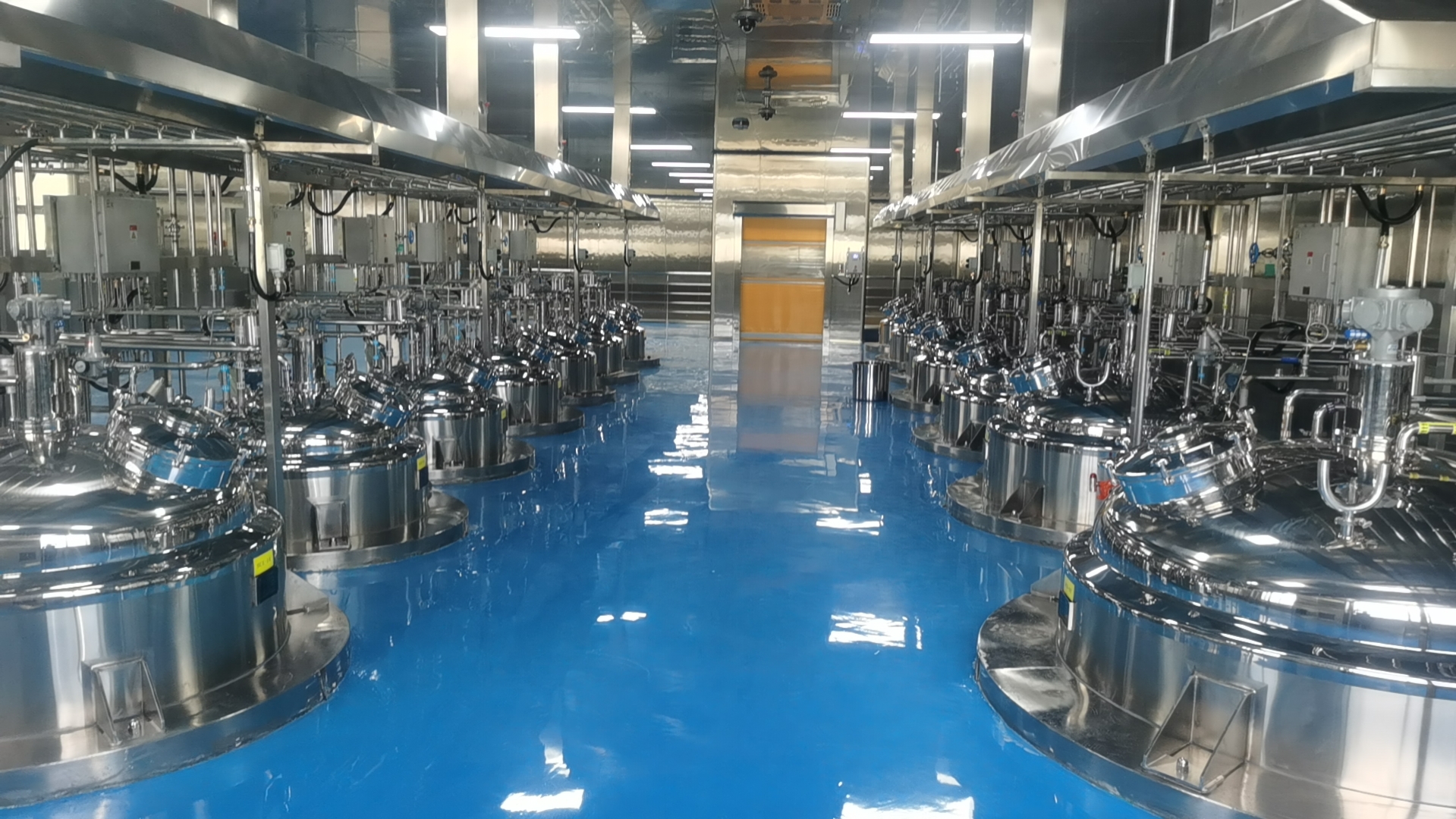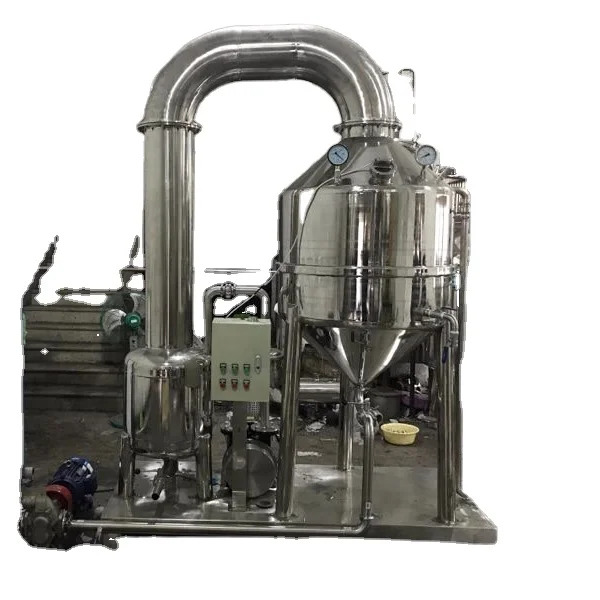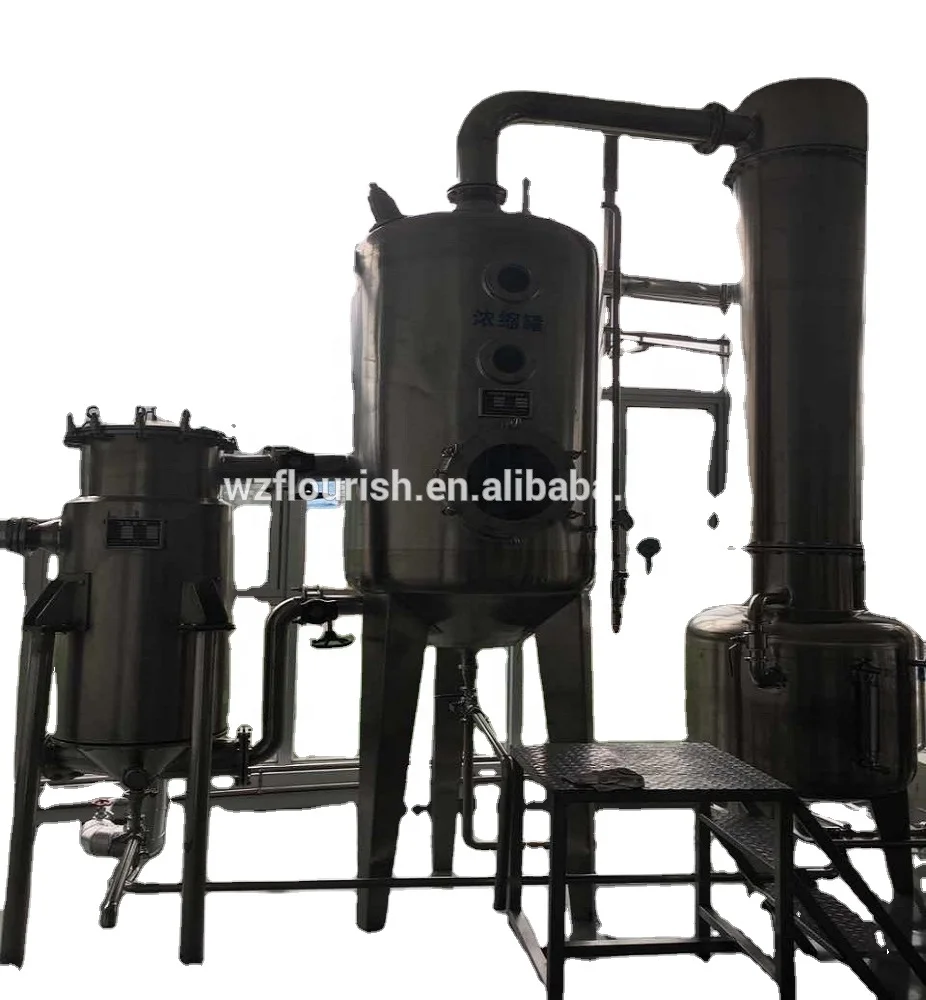
ABOUT
Wenzhou Vince Machinery Science Co., Ltd. was established in early 1980s. Our company covers an area of 6500 square meters and is an independent legal representative firm, possessing rich economic technology strength. Our company is a high tech enterprise and plays an important role in national dairy, foodstuff, pharmacy and machinery industries. We are a beverage machinery supplier.
Since the establishment, our company has mainly engaged in dairy products, foodstuff, beverage machinery, bean products, yellow wine, medicines and fermentation projects. What's more, our company supplies a complete sequence services in manufacturing, installation, test and personnel train, as well as the whole direction service design and consulting service on product project construction or enlargement artistic distribution engineering sets budget.
Fermentation Tanks: Transforming Waste into Valuable Resources
Unlocking Hidden Potential: Waste to Resources
Fermentation tanks are key players in the circular economy, transforming waste materials into valuable products. One prominent example is the use of food waste in fermentation. Leftover fruits and vegetables, which would otherwise end up in landfills, can be converted into biogas, a renewable energy source. Additionally, organic waste can be fermented to produce compost, a rich soil amendment that improves soil fertility and reduces the need for chemical fertilizers.
Beyond food waste, fermentation can handle a wide array of organic materials. Agricultural residues like corn stalks and straw can be fermented to create biofuel, reducing our dependence on fossil fuels. Even industrial waste streams, such as wastewater from breweries and paper mills, can be treated using fermentation processes, leading to cleaner water and reduced pollution.
The Power of Microorganisms
At the heart of fermentation are microorganisms. These tiny organisms, invisible to the naked eye, are nature's tiny chemists, capable of breaking down complex organic molecules into simpler products. Bacteria and yeast, for example, can convert sugars into ethanol, a key ingredient in biofuel and alcoholic beverages. They can also produce lactic acid, used in food preservation and the production of biodegradable plastics.
The diversity of microorganisms and their metabolic capabilities make fermentation a highly versatile process. By controlling the environment within fermentation tanks, such as temperature, pH, and nutrient availability, scientists can manipulate the microorganisms to produce specific products. This targeted approach opens up a wide range of possibilities for the production of chemicals, pharmaceuticals, and even biomaterials.
From Biofuel to Bioplastics: A Diverse Portfolio of Applications
Fermentation tanks play a vital role in the production of biofuel, providing a sustainable alternative to fossil fuels. The process involves fermenting plant materials like corn, sugarcane, and algae to produce ethanol, which can be blended with gasoline or used directly in internal combustion engines.
Fermentation also plays a key role in the production of bioplastics, which are biodegradable and made from renewable resources. By fermenting sugars and other plant-based materials, microorganisms can produce polymers that can be used to create a variety of plastics. This advancement holds immense potential for reducing plastic pollution and promoting a more sustainable future.
Challenges and Opportunities
While fermentation technology offers significant potential for sustainable solutions, it also faces challenges. One key obstacle is the cost-effectiveness of producing certain products through fermentation, particularly when compared to traditional methods. Additionally, the scalability of fermentation processes can be challenging, requiring efficient and large-scale infrastructure.
However, ongoing research and development are continuously addressing these challenges, paving the way for a wider adoption of fermentation technologies. With ongoing innovation and increased investment, fermentation tanks have the potential to become central players in a more sustainable and resource-efficient future.
SUBSCRIBE
INQUIRY





